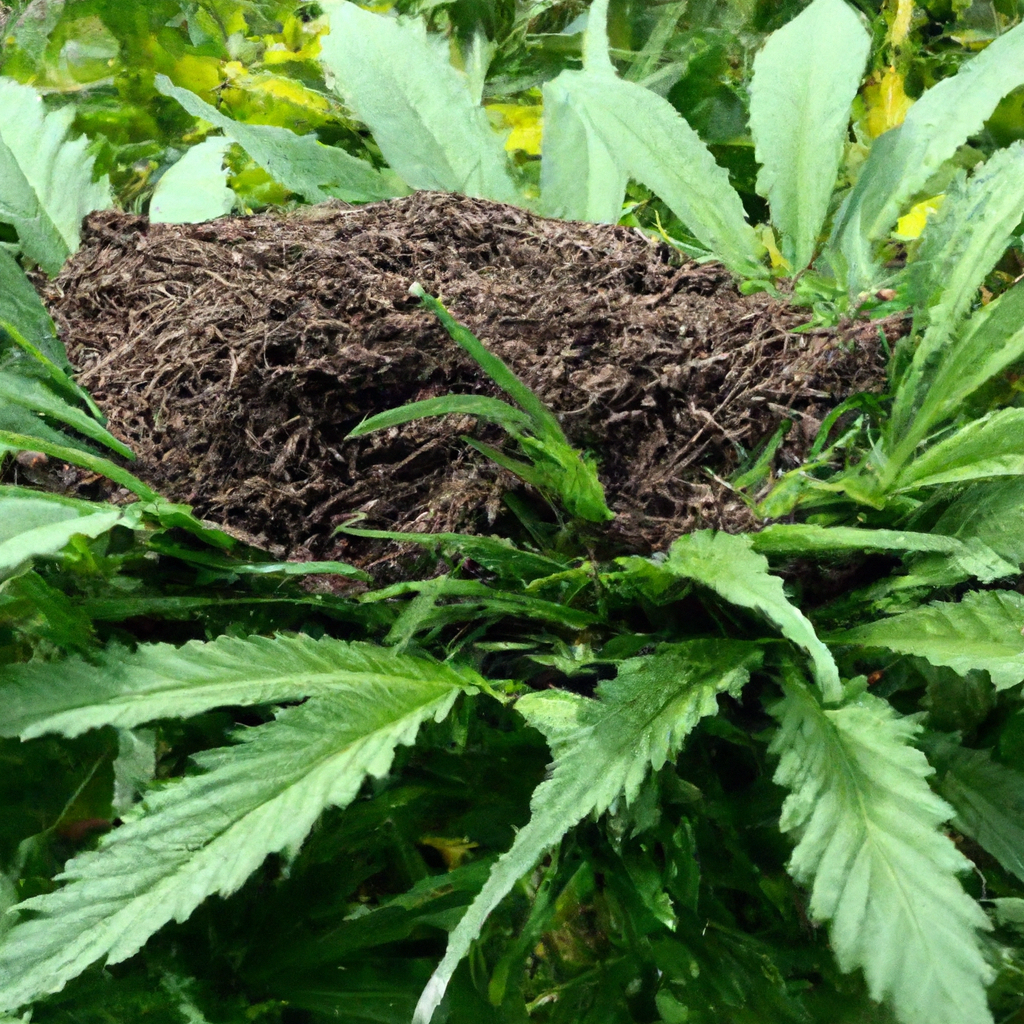Your cart is currently empty!
Embracing organic cultivation methods for cannabis not only benefits the environment but also enhances the quality and safety of the final product for consumers. This guide focuses on the foundation of organic cannabis growing, highlighting the significance of natural fertilizers, compost, and eco-friendly pest control practices to create a thriving crop.
Building Robust Soil Ecosystems
The root of successful organic cannabis cultivation lies beneath the surface — in the soil. Healthy soil is teeming with life, from beneficial microbes to earthworms, each contributing to the soil’s fertility. Here’s how to cultivate thriving soil ecosystems:
- Add Compost: Infuse your soil with organic matter by using homemade or commercially sourced compost. This helps retain moisture while releasing nutrients slowly.
- Use Cover Crops: Plant cover crops like clover or ryegrass to prevent soil erosion and fix nitrogen, naturally enriching the soil.
- Diversify Microbial Life: Introduce diverse microbes by using inoculants containing fungi and bacteria to stimulate plant health.
Nurturing with Natural Fertilizers
Avoid synthetic chemicals by opting for natural fertilizers that feed the soil and plan effectively. Consider these options:
- Fish Emulsion: Rich in nitrogen, fish emulsion supports vigorous growth during vegetative stages.
- Bone Meal: As a source of phosphorus, bone meal aids in flowering and fruit development.
- Seaweed Extract: Providing essential trace minerals, seaweed enhances plant resilience and growth.
Eco-Friendly Pest Management
Keeping pests at bay in an organic garden can be challenging but rewarding. Here are eco-friendly strategies:
- Companion Planting: Plant herbs or flowers, such as marigolds, which naturally repel harmful insects.
- Neem Oil: Use neem oil sprays to disrupt pest life cycles and control infestations organically.
- Encourage Beneficial Insects: Introduce ladybugs and predatory nematodes to manage pest populations naturally.
The Benefits of Organic Cannabis
Opting for organic cannabis cultivation offers numerous advantages:
- Environmental Protection: Reduces soil and water pollution by eliminating synthetic chemicals.
- Consumer Safety: Produces cleaner cannabis free from harmful residues, appealing to health-conscious consumers.
- Enhanced Flavor and Aroma: Allows natural terpene profiles to develop, resulting in superior taste and aroma.
Conclusion
Organic cannabis cultivation represents a commitment to environmental stewardship and consumer health. By fostering healthy soil ecosystems, employing natural fertilizers, and implementing eco-friendly pest control, growers can produce sustainable and robust cannabis crops. This approach not only preserves the planet but also yields a premium product for conscientious consumers.
Embrace organic practices to naturally enhance your cannabis cultivation and future harvests.
Discover more from Magic Clones
Subscribe to get the latest posts sent to your email.


Leave a Reply